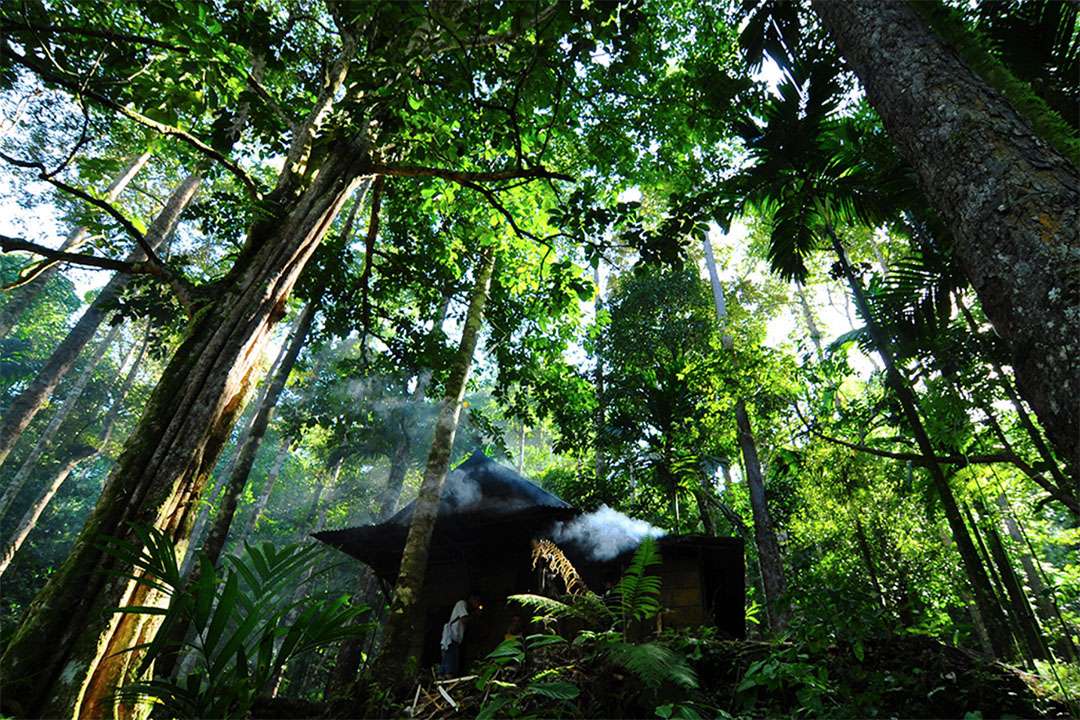23 November 2018: Leaders from every major religious faith joined Afro-Colombian communities, indigenous peoples, climate scientists and non-governmental organizations (NGOs) to launch the Colombia ‘Interfaith Rainforest Initiative.’ Through the Initiative, leaders aim to emphasize the urgent moral responsibility to end deforestation in Colombia and protect the role of indigenous peoples as forest guardians.
According to the UN Environment Programme (UNEP, or UN Environment), Colombia is among the top ten countries experiencing “dramatic levels of deforestation.” Forest loss has increased significantly since the peace agreement with FARC was signed in 2016; in 2017, Colombia lost nearly 220,000 hectares of forest. At the same time, however, the Government of Colombia has committed to dramatically reduce deforestation by 2020 as part of its commitments under the Paris Agreement on climate change.
The Colombia Interfaith Rainforest Initiative will help Colombia in its efforts to end deforestation by bringing faith-based leadership and moral urgency to global efforts to end tropical deforestation. The international, multi-faith alliance provides a platform for religious leaders to work with indigenous peoples, governments, civil society and businesses on actions to protect forests and safeguard the rights of indigenous peoples.
Forest protection and restoration is one of the best tools we have to tackle climate change.
UNEP is implementing the Initiative with the support of the Government of Norway. UNEP Deputy Head, Joyce Msuya, described the Initiative as “both welcome and urgently needed.” Msuya underscored forest protection and restoration as “one of the best tools we have to tackle climate change.”
In addition to its commitment to protect forests, the Initiative underscores the urgent need to protect the rights of forest and afro-descendent communities and indigenous peoples. According to UNEP, evidence shows that indigenous and other forest communities “outperform all other managers of tropical forests when their rights are recognized and protected.” In Colombia, indigenous peoples have secured the title to 23 million ha of ancestral territories in the Amazon, an area that represents 75 percent of the Colombian Amazon. Their rights do not extend below the soil, however, leaving these groups vulnerable to extractive industries and the threat of violence over land rights. According to the National Indigenous Organization of Colombia (ONIC), 5,730 people have been forced to flee their homes, and at least 68 indigenous peoples have been murdered.
Religious leaders from diverse spiritual traditions launched the Initiative at an event in Bogotá, Colombia. UNEP and a coalition of Colombian and multi-faith partners convened the event. [UNEP Press Release]
